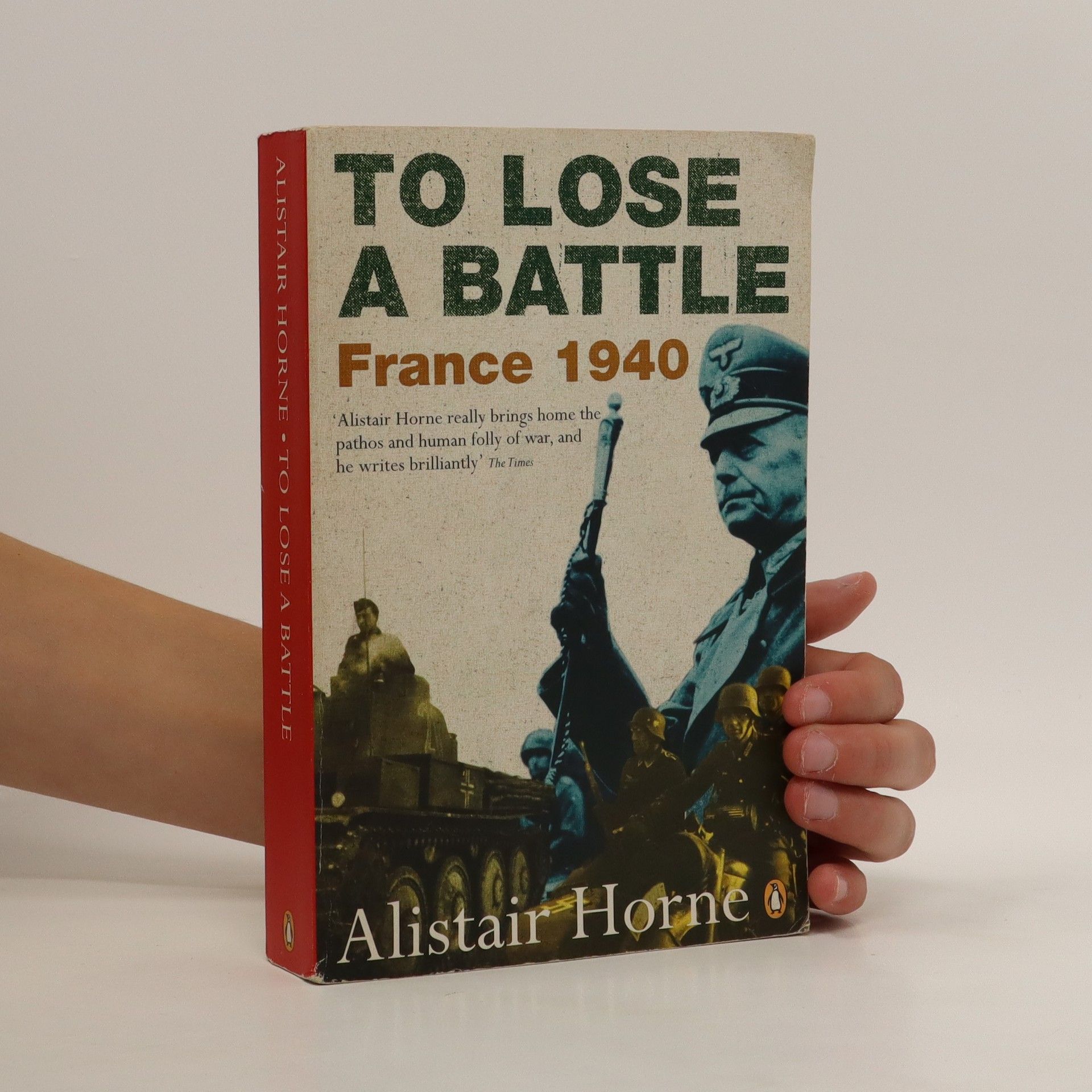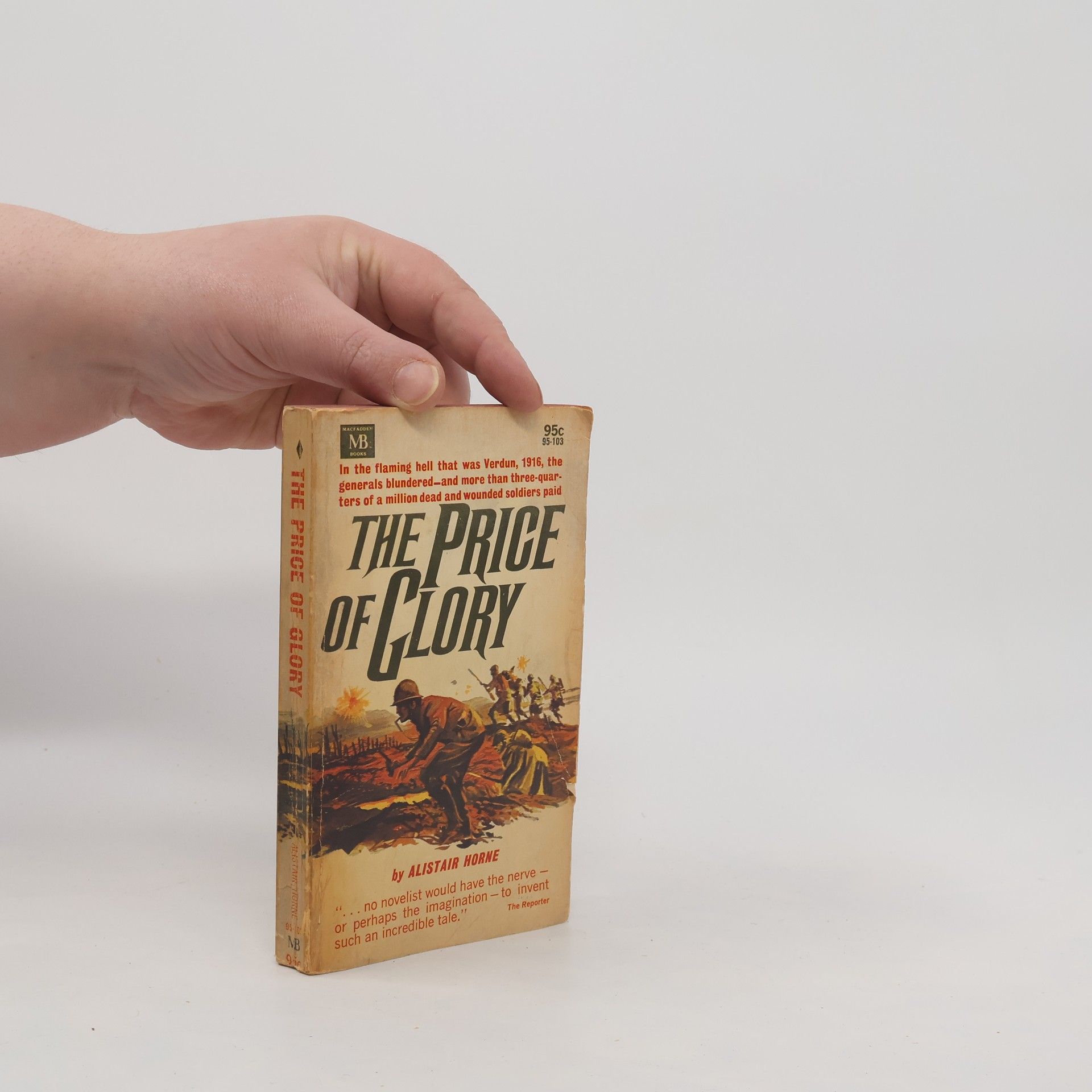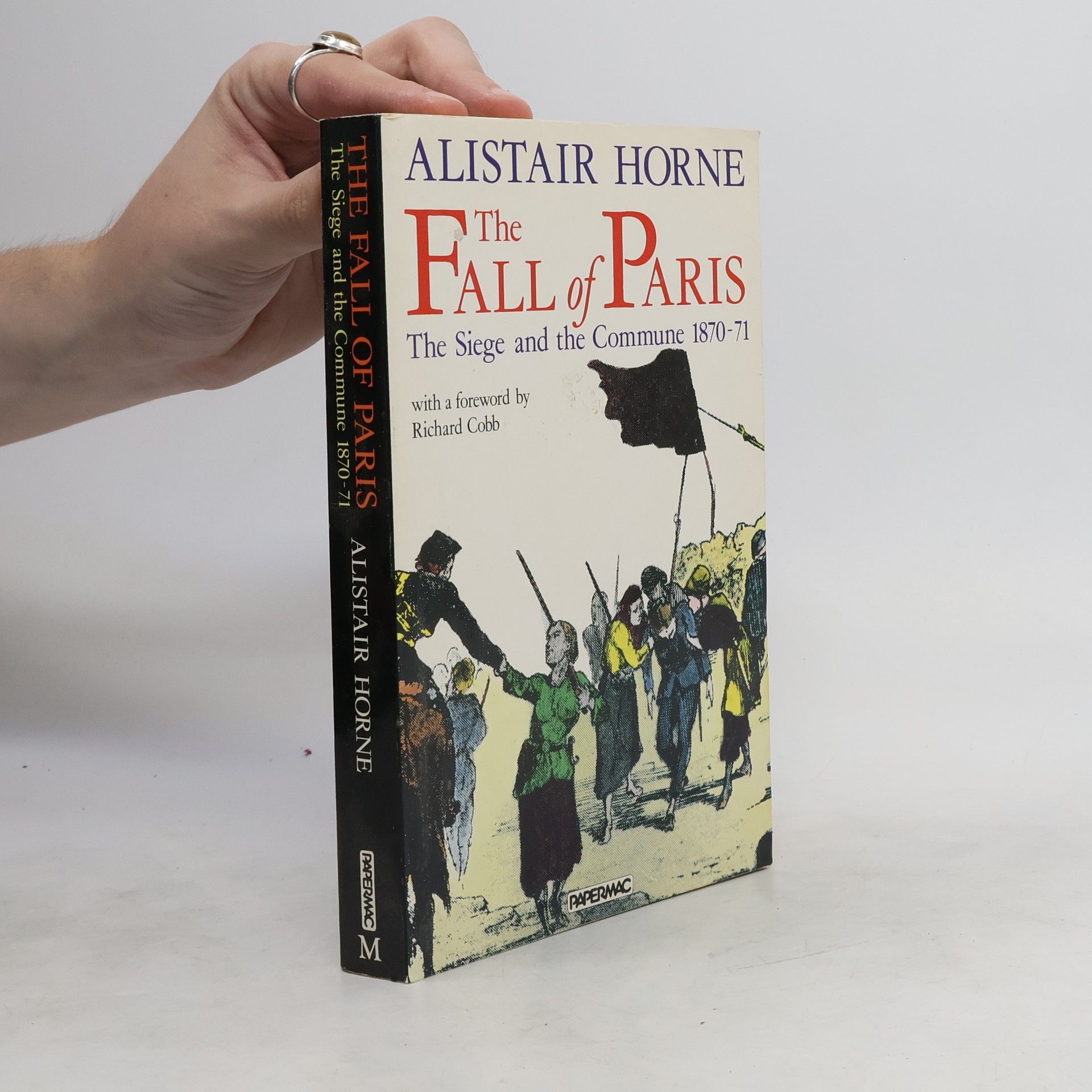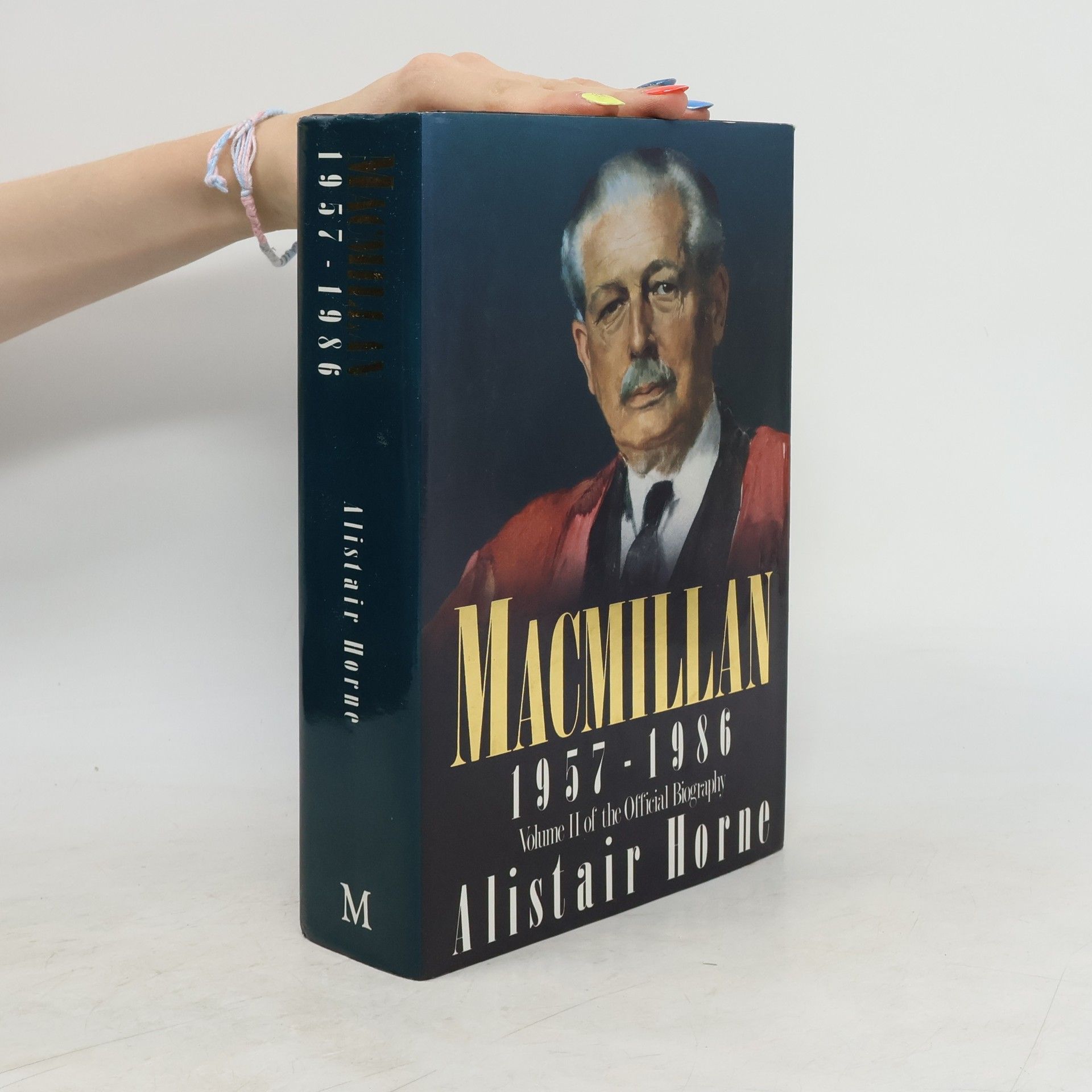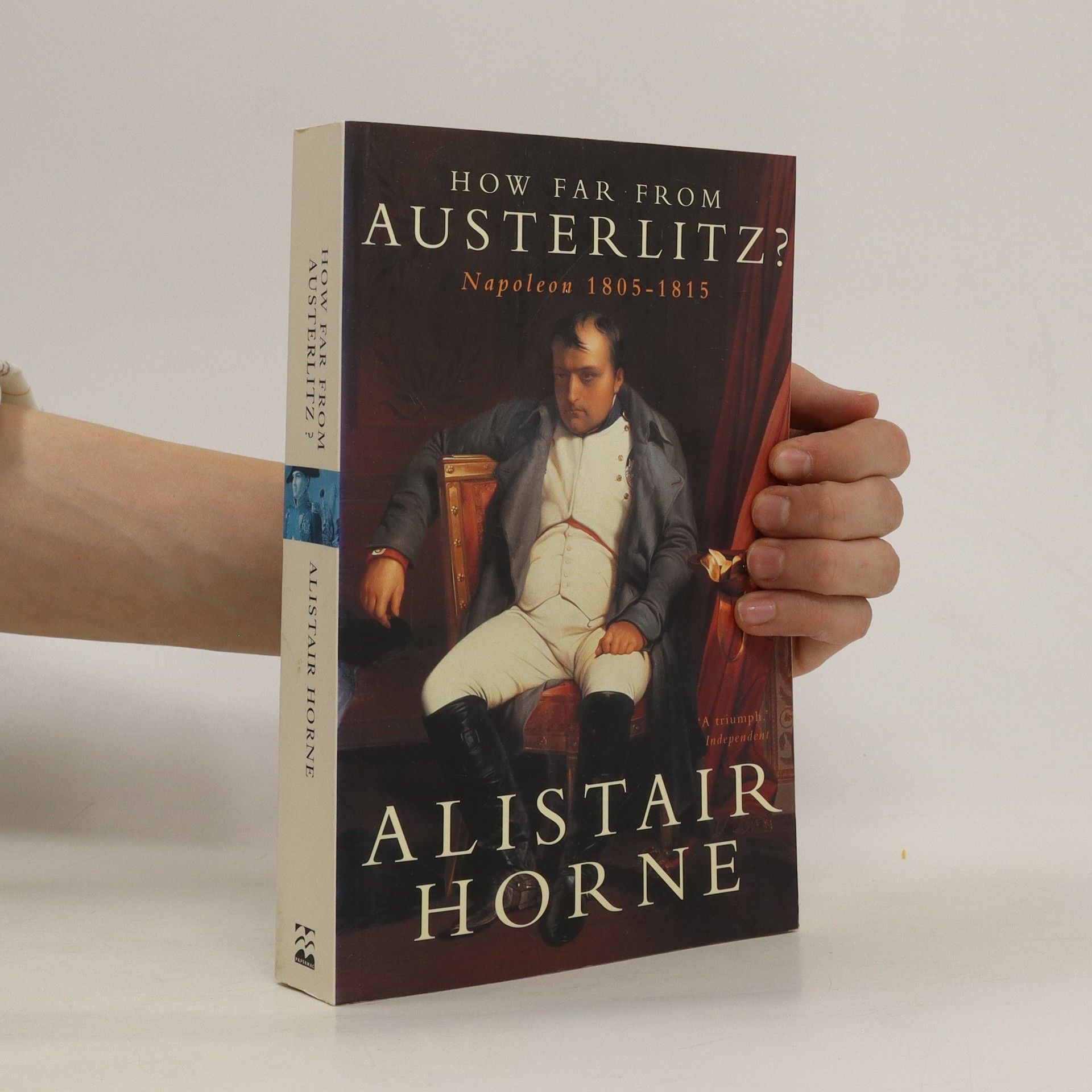Napoleon a jeho doba
- 175 stránok
- 7 hodin čítania
Alistair Horne, vynikajúci historik a životopisec, podáva vo svojej knihe mimoriadne zaujímavý a objektívny obraz ctižiadostivého cisára, ktorý vniesol do svojho najbližšieho okolia, ale i do celej krajiny pocit neistoty a trvalého ohrozenia, a za svojej dvadsaťpäťročnej krvavej vlády rozpútal veľké sociálne nepokoje vo Francúzsku i po celej Európe.

